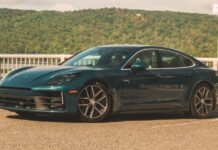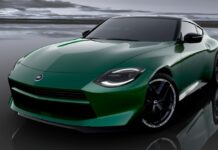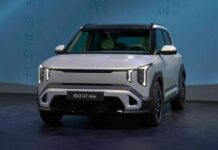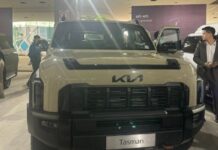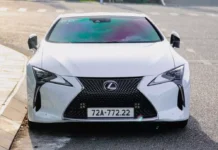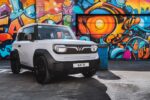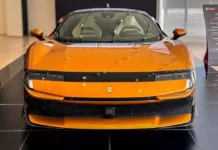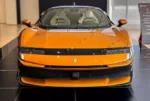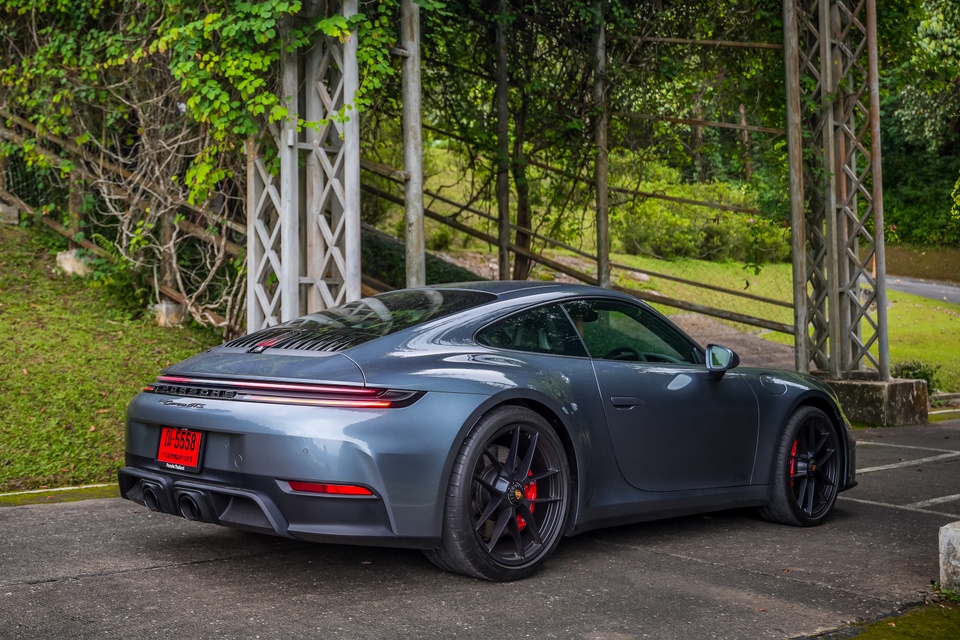
|
Motor1 reports, citing Road & Track, that Porsche has made price adjustments for its entire range of vehicles in the US. The German automaker has since confirmed a price increase across its product range in the country, with a maximum hike of $4,700.
“Putting customers first, Porsche has been closely monitoring market conditions, minimizing costs where possible, and only making adjustments when truly necessary. We have taken steps to support our customers where we can, but market conditions have required us to adjust our retail pricing,” said a Porsche spokesperson, confirming the price hike.
According to the German automaker, the costs for certain vehicle options and delivery charges will also be increased.
| Model | Previous Price (USD) | New Price (USD) | Change |
| 718 Cayman | 74,795 | 77,395 | +3.5% |
| 911 Carrera | 129,950 | 134,650 | +3.6% |
| Cayenne | 88,795 | 91,950 | +3.6% |
| Macan | 65,350 | 66,950 | +2.4% |
| Panamera | 108,550 | 112,450 | +3.6% |
| Taycan | 102,550 | 106,250 | +3.6% |
Porsche did not attribute the price increase to the new tariff policy in its statement. According to Motor1, Porsche remains one of the few prominent automakers that do not have a manufacturing plant in the US. The company produces all its vehicles in Germany, except for the Cayenne, which is manufactured in Slovakia, and a small number in Malaysia, exclusively for the Southeast Asian market.
Since April, the Trump administration has imposed a 25% tariff on imported cars and car parts, in addition to the existing 2.5% tariff. Just last week, the US President threatened to impose a 30% tariff on all goods from the European Union, which would, of course, affect Porsche vehicles.
Earlier this year, Porsche expressed its intention to start manufacturing cars in the US. Motor1 assessed that the highest increase of 3.6% is unlikely to significantly impact purchasing decisions for the 911, Taycan, or Panamera models, but it could deter potential buyers of the Cayenne or Macan.
Porsche also finds itself in a relatively precarious situation. Global sales have declined, particularly in China, where customers have turned away from foreign brands, and the reception to electric models like the Taycan and Macan EV has been underwhelming.
Porsche’s sales in the US remain strong, but customers are not fully embracing electrification. The tariffs further complicate matters.
Recommended Reading for Your Drive
Our Cars section recommends a selection of captivating books with diverse themes. During those moments of rest and relaxation on your journeys, these books will prove to be delightful companions.
Electric Vehicle Revolution: Vietnamese Consumers Embrace Upgrades with Massive Discounts
With an attractive and competitive pricing strategy, VinFast has successfully enticed Vietnamese customers to make the switch to electric vehicles. The company’s quick valuation process and generous subsidies of up to hundreds of millions of dong have encouraged many to trade in their gasoline-powered cars for the environmentally friendly alternative. This was evident during the weekend of August 9-10, where VinFast witnessed a surge in customers eager to upgrade to their electric vehicles.
China’s Passenger Vehicle Sales Reach 10.89 Million in H1
The Chinese automotive market witnessed steady growth in the first half of 2025, with a significant milestone achieved: over half of the vehicles sold were new energy vehicles (NEVs). This marks a pivotal moment for the global electric vehicle industry, showcasing China’s commitment to sustainable transportation and a promising future for automakers worldwide.

